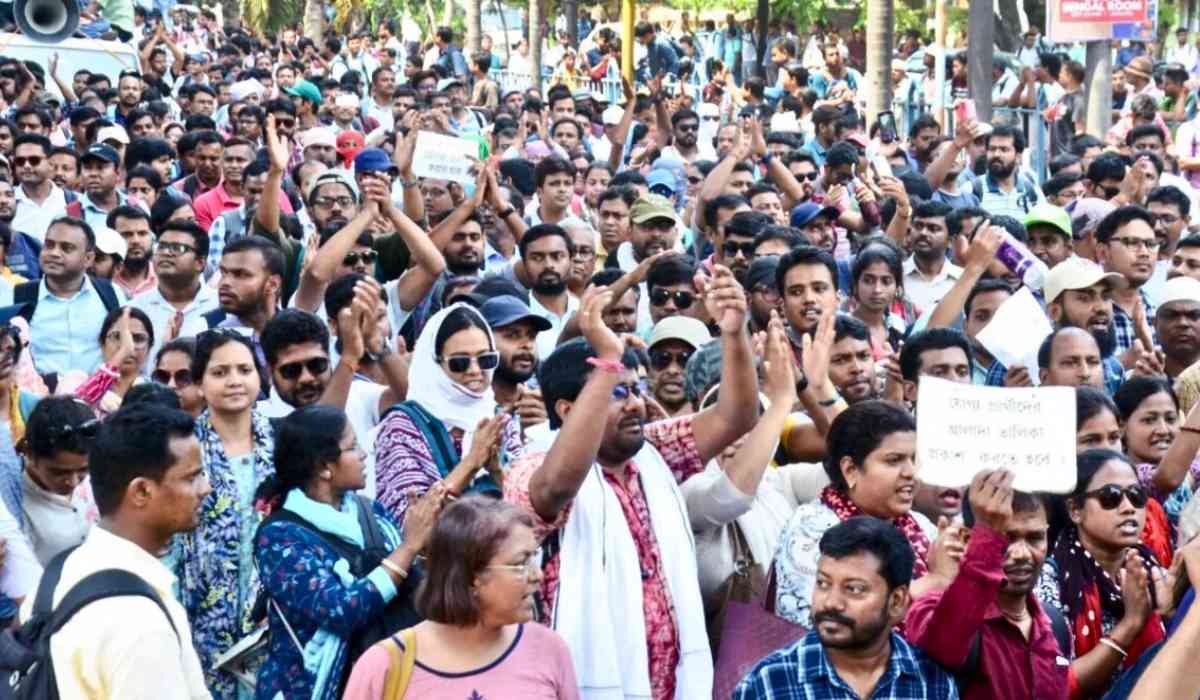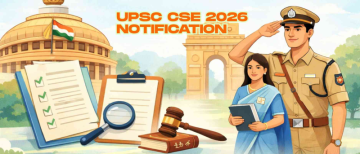The Supreme Court of India has allowed the teachers in West Bengal, whose appointments were annulled due to irregularities, to continue working until fresh recruitment is completed. This decision comes amid a complex legal and administrative situation involving over 25,000 teachers and non-teaching staff whose jobs were canceled following a Supreme Court verdict that upheld the Calcutta High Court’s cancellation of the 2016 recruitment process by the West Bengal School Service Commission (WBSSC).
Background of the Case
In 2016, WBSSC conducted a recruitment drive for teachers and non-teaching staff in government and government-aided schools in West Bengal. However, allegations of large-scale manipulation, including tampering with examination answer sheets and rank manipulation, led to the cancellation of the entire recruitment process by the Calcutta High Court in 2024. The Supreme Court later upheld this order, terming the selection process “vitiated and tainted” due to fraud and manipulation.
As a result, the appointments of 25,753 individuals were annulled, causing widespread concern about the future of these employees and the impact on the education system in the state.
Supreme Court’s Interim Relief and Its Impact
Recognizing the practical difficulties and the potential disruption to school functioning, the Supreme Court allowed the affected teachers to continue their duties until a fresh selection process is completed. This measure aims to ensure that schools do not face a shortage of teaching staff, which could adversely affect millions of students.
The West Bengal Board of Secondary Education (WBBSE) highlighted the strained teacher strength in the state’s schools and petitioned the Supreme Court to allow “untainted” teachers—those not involved in the alleged irregularities—to continue working until fresh appointments are finalized. The board emphasized that terminating over 25,000 staff would severely disrupt education for over 78 lakh students across thousands of schools.

Government’s Response and Future Steps
West Bengal Chief Minister Mamata Banerjee has strongly opposed the Supreme Court’s verdict, calling it unjust to the deserving candidates. She has urged the sacked teachers to continue working voluntarily and promised that the state government would find ways to reinstate them within two months, regardless of the court’s ruling. She also announced a legal team to challenge the verdict and explore all possible legal avenues for justice.
The affected teachers have formed organizations and planned protests to press their demands. They are also considering filing a review petition in the Supreme Court and have sought support from political leaders to appeal to the President of India for reinstatement.
Broader Perspective
This case highlights the challenges of balancing legal integrity with practical governance. On one hand, the Supreme Court’s decision underscores the importance of fair and transparent recruitment processes in public service. On the other hand, the immediate fallout—mass job cancellations—poses serious risks to the education system and the livelihoods of thousands of teachers.

Allowing the teachers to continue working temporarily is a pragmatic step that prevents disruption in schools while the state government initiates a fresh, clean recruitment process. It also reflects the court’s sensitivity to the ground realities and the welfare of students who depend on these educators daily.
Conclusion
The Supreme Court’s decision to let sacked West Bengal teachers continue their duties until fresh selections are made is a crucial interim relief that seeks to balance justice with administrative necessity. While the legal battle over the recruitment irregularities continues, this arrangement helps maintain stability in the state’s education sector and offers hope to thousands of teachers facing uncertainty.
The situation remains dynamic, with ongoing legal petitions, government interventions, and public protests shaping the future of these educators and the quality of education in West Bengal.
With inputs from agencies
Image Source: Multiple agencies
© Copyright 2025. All Rights Reserved Powered by Vygr Media.























